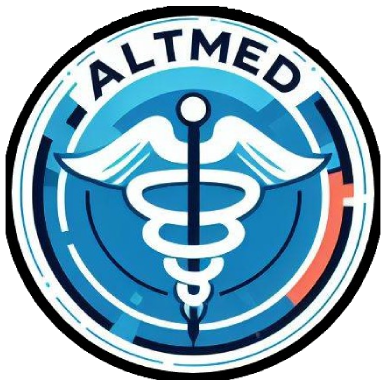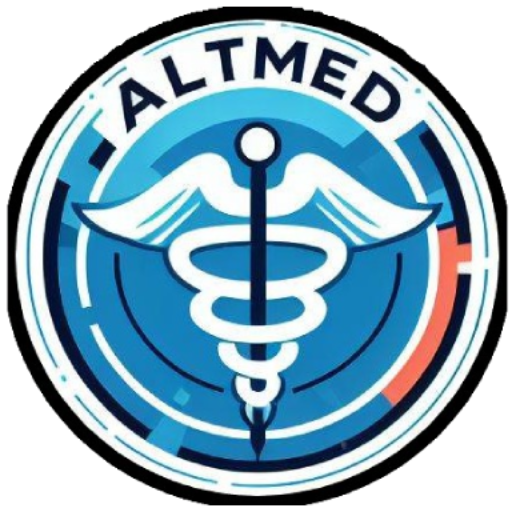Introduction:
Antidepressants usually take weeks to work, but recent research by Dr. Gerhard and Dr. Duman explores rapid-acting treatments that provide relief in hours or days. This 2018 study in Current Behavioral Neuroscience Reports offers hope for people with severe depression by diving into the science of these fast-acting drugs.
Key Points for Patients:
- What Are Rapid-Acting Antidepressants?
- These are medications, like ketamine, that work much faster than traditional antidepressants.
- They can provide relief for people who haven’t responded to other treatments, particularly those with severe depression.
- How Do They Work?
- Unlike older antidepressants, which target serotonin or other brain chemicals, rapid-acting drugs impact a part of the brain called the glutamate system.
- This process helps restore damaged brain connections caused by stress and depression.
- Why Does This Matter?
- For someone in a deep depressive episode, waiting weeks for relief can feel unbearable.
- These medications could bring hope, especially for those at risk of self-harm or suicide.
- What Are the Challenges?
- Rapid-acting antidepressants are still relatively new. Scientists are studying their long-term safety and how to make them accessible to more people.
The VitalPoint for Patients:
If you or a loved one has struggled with depression that doesn’t respond to traditional treatments, rapid-acting antidepressants might be a future option. This study highlights groundbreaking science that could improve lives by offering faster relief.
Learn More:
- Gerhard DM, Duman RS. Rapid-Acting Antidepressants: Mechanistic Insights and Future Directions. Curr Behav Neurosci Rep. 2018 Mar;5(1):36-47. Epub 2018 Feb 5. PMID: 30034992; PMCID: PMC6051539.
- https://pubmed.ncbi.nlm.nih.gov/30034992/

